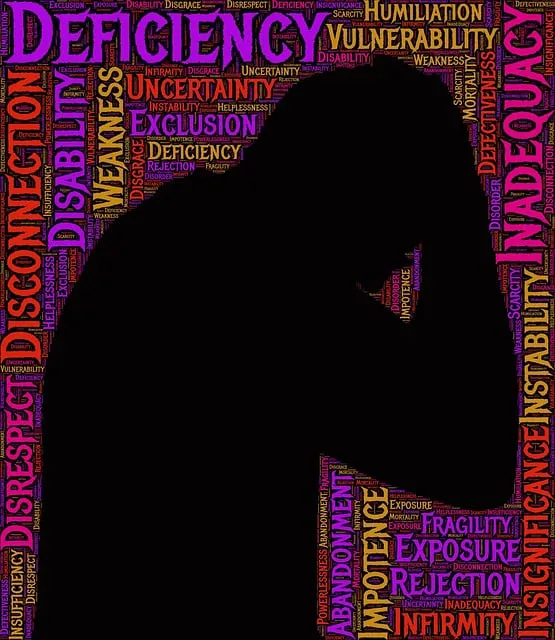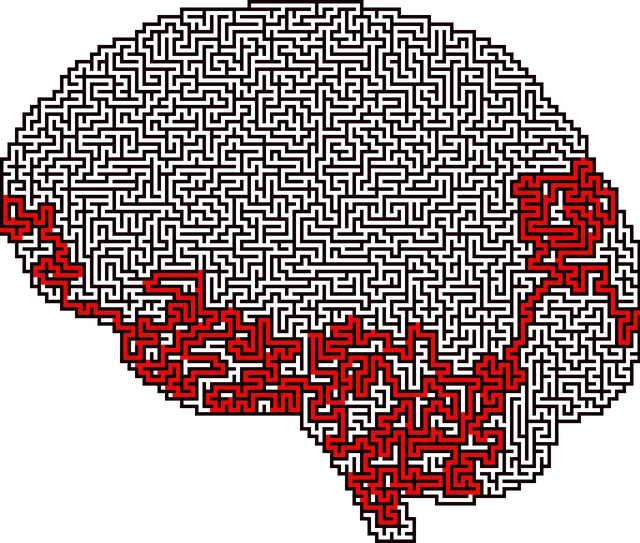Mental illness diagnosis in diverse Colorado Springs faces challenges due to cultural, social, and economic differences, impacting accurate assessment. Organizations like Kaiser are leading initiatives to improve services through evidence-based practices, such as Social Skills Training, Self-Awareness Exercises, and Emotional Intelligence integration. They also address provider burnout with Burnout Prevention Strategies. These efforts aim to enhance diagnosis accuracy and provide personalized treatment plans tailored to residents' needs, ensuring better mental health care for all in Colorado Springs, especially through Kaiser's innovative programs and strategies like cultural competency training and Trauma Support Services.
Mental illness diagnosis accuracy is a critical aspect of healthcare, especially in diverse urban areas like Colorado Springs. This city, with its unique demographics and limited resources, presents specific challenges for mental health professionals. Misdiagnosis rates are often high due to factors such as cultural differences, co-morbidities, and insufficient access to specialized care.
To combat these issues, organizations like Kaiser Permanente have adopted innovative strategies. By implementing evidence-based practices, advanced training programs for healthcare providers, and patient-centered care models, Kaiser improves diagnosis accuracy. Moreover, community resources in Colorado Springs play a pivotal role in supporting accurate mental health assessments and fostering holistic well-being through partnerships between local organizations, schools, and healthcare institutions. Understanding these efforts is crucial in how to get mental health help in this region.
- Understanding Mental Illness Diagnosis Challenges in Colorado Springs
- – Discuss the unique challenges faced by mental health professionals in accurately diagnosing illnesses in a diverse urban setting like Colorado Springs.
Understanding Mental Illness Diagnosis Challenges in Colorado Springs

Mental illness diagnosis in Colorado Springs presents unique challenges due to a combination of factors. The vast and diverse population of this city means that healthcare providers must be prepared to address a wide range of cultural, social, and economic backgrounds, each with its own set of barriers to accessing mental health services. For instance, many residents might face difficulties in communicating their symptoms effectively due to language or socioeconomic constraints, hindering accurate diagnosis. Additionally, the high rate of outdoor activities and seasonal changes can impact mental well-being, presenting unique challenges for professionals to consider during assessment.
How to Get Mental Health Help in Colorado Springs is a pressing question that has prompted innovative solutions. Organizations like Kaiser have led efforts to improve diagnosis accuracy by promoting evidence-based practices. They emphasize the importance of Social Skills Training and Self-Awareness Exercises as part of their initiatives to enhance mental health services. Furthermore, addressing healthcare provider burnout is crucial; implementing Burnout Prevention Strategies ensures professionals remain adept at recognizing and diagnosing mental illnesses effectively.

In Colorado Springs, efforts to enhance mental illness diagnosis accuracy are gaining momentum, primarily driven by organizations like Kaiser. By integrating innovative approaches and leveraging resources, individuals seeking mental health help in this region are benefiting from more precise assessments and personalized treatment plans. One such strategy involves incorporating Emotional Intelligence into diagnostic processes, enabling professionals to understand patients’ emotional states better and make more nuanced judgments.
Additionally, programs focusing on Coping Skills Development and Social Skills Training are being implemented to address underlying issues that often contribute to mental health challenges. These initiatives not only improve diagnosis accuracy but also empower individuals with effective coping mechanisms, fostering a holistic approach to mental well-being. Such advancements in mental health support reflect a growing commitment in Colorado Springs to ensure residents receive the best possible care tailored to their unique needs.
– Discuss the unique challenges faced by mental health professionals in accurately diagnosing illnesses in a diverse urban setting like Colorado Springs.

In a diverse urban setting like Colorado Springs, mental health professionals face unique challenges when it comes to accurately diagnosing illnesses. With a population comprising individuals from various cultural backgrounds and experiences, understanding and interpreting symptoms can be complex. Cultural differences in expression of emotional distress or even perceptions of what constitutes mental illness can lead to misdiagnoses or delayed treatment. For instance, what might be considered a sign of anxiety in one culture could be interpreted as a spiritual practice in another, complicating the diagnostic process.
Furthermore, factors such as socioeconomic disparities, access to healthcare, and historical trauma within communities contribute to the complexity. Many residents in Colorado Springs may face barriers to seeking mental health help, including financial constraints or limited knowledge about available services. Kaiser’s role in addressing these challenges is crucial; they can enhance diagnosis accuracy by promoting cultural competency training for staff, integrating Trauma Support Services tailored to the community’s needs, and encouraging open dialogues about mental wellness through their Mental Wellness Podcast Series Production. Additionally, fostering Self-Care Practices can empower individuals to take proactive steps towards managing their mental health before or alongside professional intervention.
In Colorado Springs, navigating the complexities of mental illness diagnosis is an ongoing challenge, especially given the city’s diverse population. By recognizing and addressing these challenges, such as cultural differences and access to resources, mental health professionals can significantly improve diagnostic accuracy. Encouraging open dialogue, promoting cultural competency training, and increasing awareness about available services from organizations like Kaiser are vital steps towards ensuring everyone in Colorado Springs receives the proper mental health care they need.






